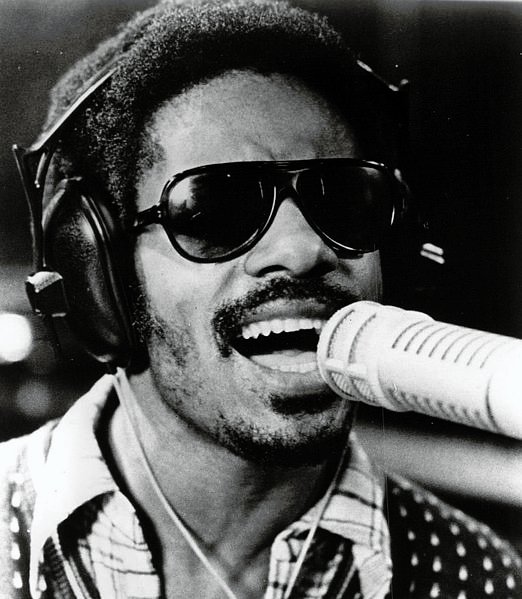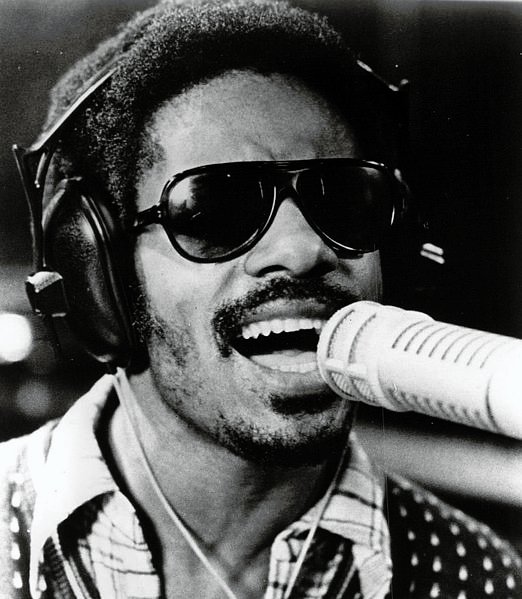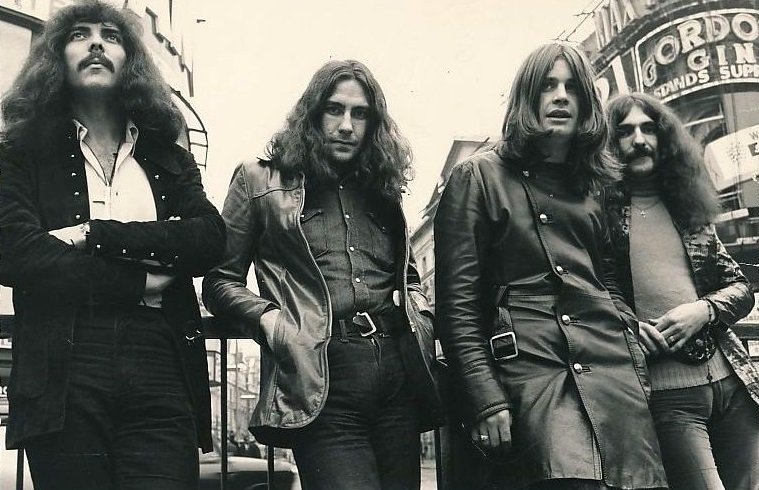
In 1974, Stevie Wonder signed what was widely reported as the most valuable recording contract ever agreed at that time. The new deal between Wonder and Motown Records marked a major shift in artist compensation and set a new industry benchmark.
Stevie Wonder turned 21 in May 1971, which legally ended the previous contracts his mother had signed on his behalf during his childhood. This provided full control over future business negotiations. By the early 1970s, Wonder had already released a series of commercially successful albums, which placed him in a strong position ahead of renewed contract discussions.

Information on the timeline and contract changes appears in Rolling Stone archives and Motown documentation summarised through Billboard.
The deal was signed in August 1974. According to reporting from The New York Times, the contract was valued at around 13 million dollars. It included a guaranteed seven-year term and significant creative control.
Additional contract details and confirmation of the valuation are detailed in The Washington Post.
The agreement gave Wonder authority over production decisions, studio scheduling and publishing matters. Industry summaries from Billboard confirm that the deal included full rights for Wonder to manage his recording process independently.
This level of control for a mainstream artist was uncommon at the time.
Reports from Rolling Stone and Billboard noted that the contract became a new reference point for major artist negotiations throughout the 1970s. The valuation and rights included in the agreement influenced later deals across both pop and R&B genres.
He Then Became One Of The Most Critically Awarded Artists Of The Decade
Following the 1974 contract, Stevie Wonder went on to release a sequence of commercially successful and critically acclaimed albums. Between 1974 and 1976 he released Fulfillingness’ First Finale and Songs in the Key of Life, both of which topped the Billboard 200. Industry records confirm that Wonder won multiple Grammy Awards during this period, including Album of the Year in both 1974 and 1976.
Billboard archives show that by the end of the decade, Wonder had become one of the most awarded artists in Grammy history. His run of successful releases was viewed within the industry as clear validation of the creative control granted to him in the 1974 Motown agreement.





